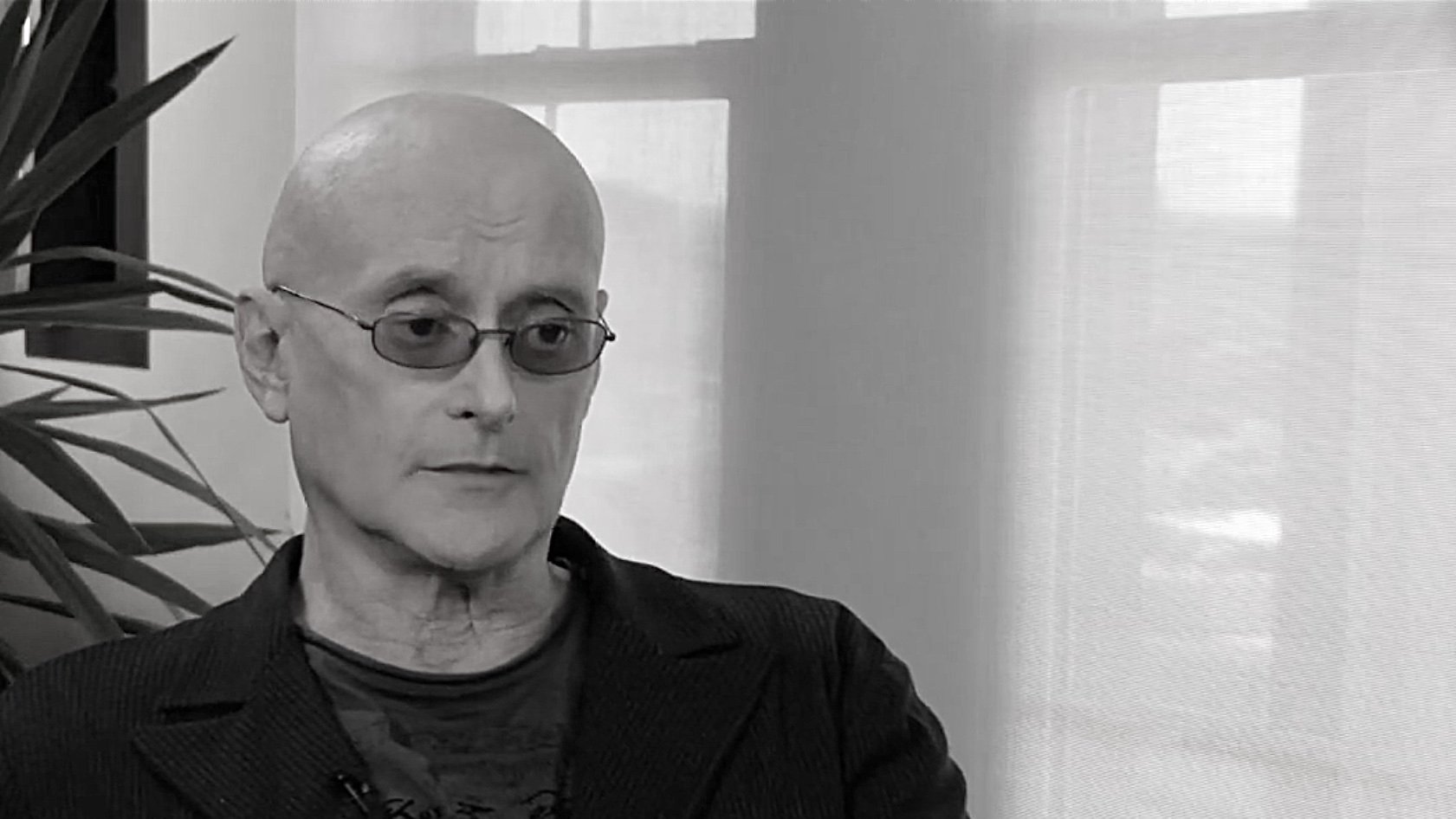INsight/ Know or Understand
/Photo courtesy IntegralLife.com
Manila, 3 November 2021 — Why knowing rarely leads to action.
Story
It happened in 1973. Ken Wilber, a philosopher and a mentor to me, wrote The Spectrum of Consciousness, his first book. In 2003, after 19 books were translated into more than thirty languages, biographer Frank Visser, author of Ken Wilber: Thought as Passion, called him the most translated American author of academic books. Shortly after the first book was published, writes Visser, Wilber was “acknowledged as a leading thinker in the fields of psychology and philosophy, with serious reviews comparing him to Freud, Hegel, even Plato.” Today, the number of Wilber’s books has doubled, and numerous talks are also available at IntegralLife.com.
When Visser’s biography introduced me to Wilber and his work, I felt a sense of coming home. What I saw happening in the world started to make more sense. And that adventure continued with more Aha moments as I dove into Wilber’s books and learned what it takes to develop an integral approach to life and leadership. Integral, explained Wilber to Visser, means “comprehensive, inclusive, nonmarginalizing, embracing.”
Today, the world is desperately looking for inclusive leaders who can recognize diversity and build on it to bridge divides. This week’s COP26 shows how tired we are of hearing more eloquent words that seek to buy more time for actions that we need today. Getting people to change and moving them into action is, however, not as easy as it might sound. To know the science is not enough. We also need to understand what it means for us at a deeper level, and that’s where the challenge lies.
Challenge
Using Wilber’s Integral Approach, we recognize that every event and problem can be looked at in at least three ways, using a 1st-person, 2nd-person, and 3rd-person perspective. In my coaching work, I refer to these as our personal (I) world, our social (We) world, and our observed (It and Its) world. While scientific knowledge lives in our observed world, how we understand it and assign meaning to what we objectively know, or can accept to be true, happens in our personal and social worlds. These are the domains of our individual and collective visions and dreams, confidence and fears, trust and distrust, and our degree of openness to explore and collaborate.
Another way of saying this is that influencing anyone to make a change requires that we can speak to the head (their first brain) and the heart (their second brain). This also applies to ourselves. We rarely move on a change until we feel a need inside to do so. Long before science discovered the neural functions of our heart, this was already known to those who studied life as philosophers. In China, it was common to refer to a heart-mind as one. And in the Thai language, the verb ‘understand’ is khaojai, which means to enter the heart.
Science has meanwhile caught up with philosophy. In 2012, large-scale international research published by professors John Kotter and Dan Cohen in The Heart of Change: Real-Life Stories of How People Change their Organizations revealed how making change happen requires that we see and feel a problem in a way that engages our emotions, hence their reference to heart in the title. Wilber’s integral approach informs us that the 1st, 2nd, and 3rd-person perspectives are equally important and that we will find better solutions to our problems when we engage with each of these perspectives before making decisions.
Question
Taking this forward to the COP negotiations, we realize that knowing what science tells us on the need to get real about climate change is as important as to emotionally understand in our hearts what that means to us. That can help to explain why we need more than what the IPCC reports are telling us.
To make climate action happen, we need to sit together and work through what the knowledge means to us. And by sitting together, I mean across all divides, including government, business, academia, civil society, developed and developing economies, different generations, indigenous and nonindigenous, and more. Hopefully, the COP negotiations, which are often referred to as a messy process, can inclusively bring such diverse groups of people together to build and experience a shared understanding.
Meanwhile, it will help if each of us explores how we can become inclusive leaders who are equally adept in knowing and understanding. We need to grow into leaders who move from talking at each other to creating spaces to discuss together, build trust, and collaborate across our divides. Hence, my question for you this week is how you look at the world. Do you spend equal time and effort to become your best in your personal, social, and observed worlds? If not, in which of the three worlds are you experiencing a blockage that holds you back from becoming an inclusive, integral leader?

